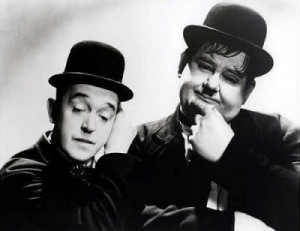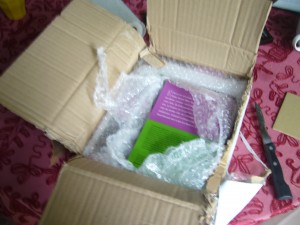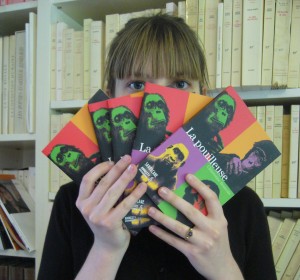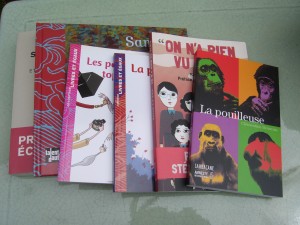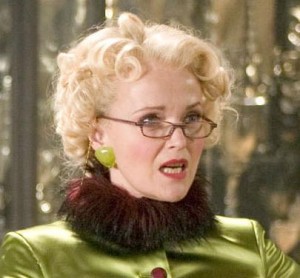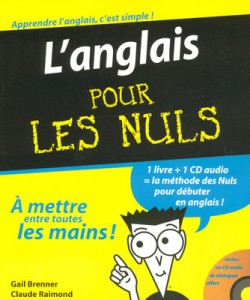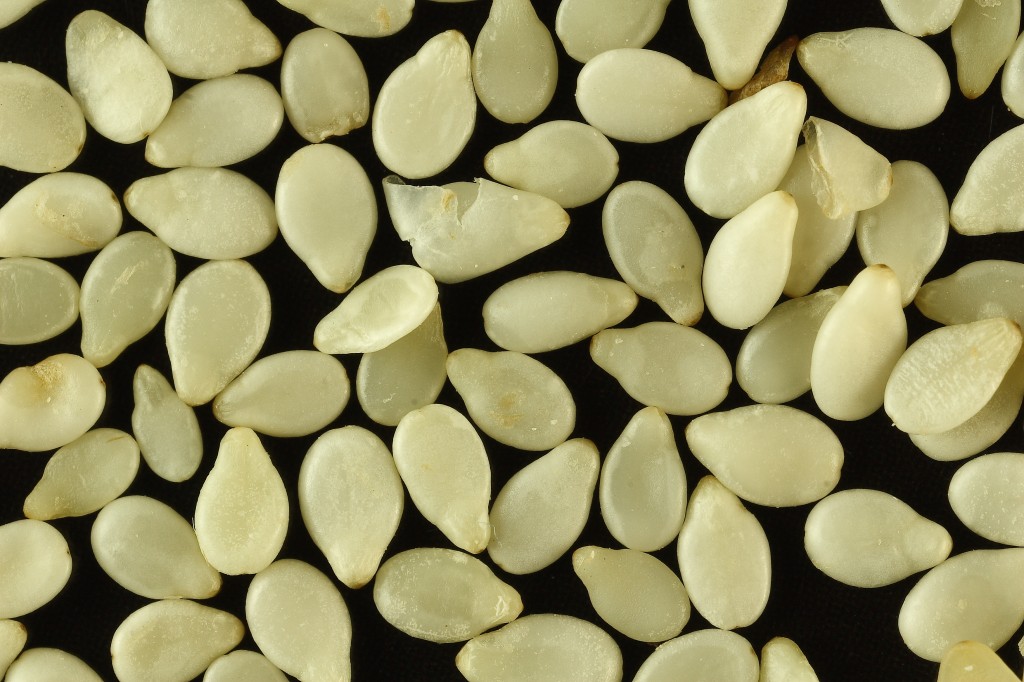I hardly know you, but for the past ten minutes you’ve been talking at me about how much you’ve always wanted to be a writer some day. Of course you need to find the time, the energy and the right word processor. But you’ve got the ideas already, God knows you’ve got the ideas. You’ve got the story and the characters and the setting and you’ve been taking me through them in such mind-numbing detail that my eyes are swimming in the tears of my painfully unyawned yawns.
And as I marvel at the treasures of politeness I’m able to scrape from the utmost confines of my interpersonal skills toolbox, my internal monologue is on a very different autopilot to the one that makes my social persona interject ‘Oh, that sounds really interesting!’ at occasional intervals of your synopsis-telling session. In fact, what’s going on inside my head is more or less akin to this:
JUST WRITE THE DAMN BOOK!!!
If you want people to care about your story, just write the damn book!
If you want to know how good your ideas are, just write the damn book!
If you want to know if you can write, just write the damn book!
If you want to be a writer, just write the damn book!
If you want to write a book, just write the damn book!
A writer is someone who writes. I don’t care if they write well or badly, if they’re published or not, if they write for children, adults or kangaroos. The necessary and sufficient condition is that they write. If you don’t write the damn book, you’re not a writer. If you don’t write the damn book, it’s not a book.
You really want to know what I think of your story?
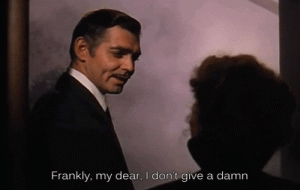 That is, until you write the damn book.
That is, until you write the damn book.
Are you writing yet?
Clem x


